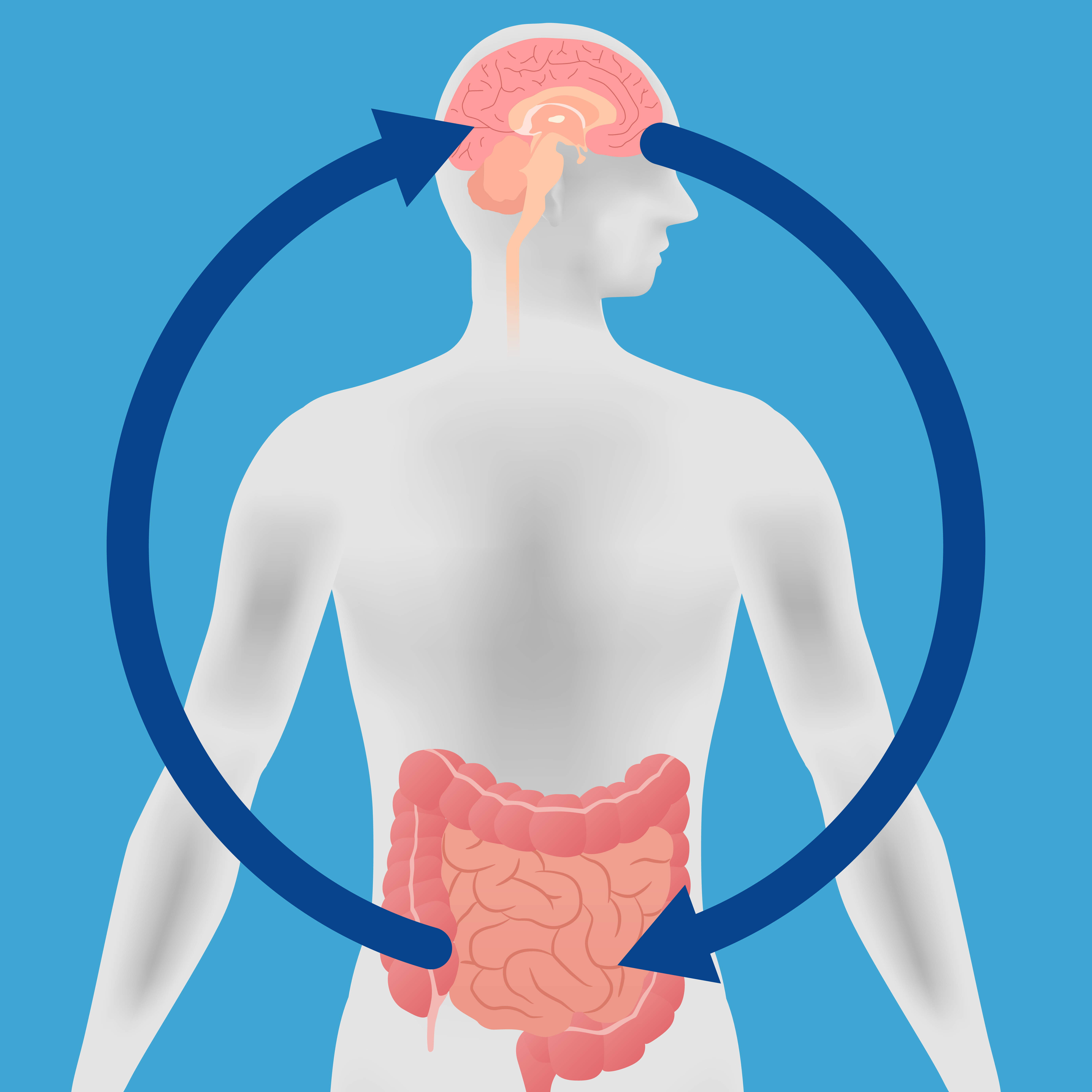Squalamine, Compound in ENT-01 of Parkinson’s Trials, Seen to Aid Aging Gastrointestinal Tract

An antimicrobial compound called squalamine works to ease age-related constipation and gut dysmotility, or problems with how muscles of the digestive system work, according to a recent study in mice.
An oral and lab-made version of squalamine, ENT-01 (by Enterin), is now being tested in the KARMET Phase 2 trial (NCT03781791) as a potential treatment for constipation and neurologic symptoms in people with Parkinson’s.
The mouse study, “Colonic motility and jejunal vagal afferent firing rates are decreased in aged adult male mice and can be restored by an aminosterol,” was published in the journal Frontiers in Neuroscience.
The incidence of chronic constipation increases with age. One possible explanation, supported by animal studies, connects this to damage in the enteric nervous system (ENS), a network of nerve cells that independently regulates the gastrointestinal (GI) tract and sends signals to the brain via the vagus nerve (the longest nerve of the autonomic nervous system).
Researchers with the Brain-Body Institute at McMaster University, in Canada, used in vitro preparations from mice to evaluate whether treatment with squalamine would normalize age-related changes in colon motility and vagal nerve firing rates (activity) from the jejunum — the middle segment of the small intestine — in elderly mice.
Squalamine, a compound originally discovered in the liver of the dogfish shark, is able to enter cells and displace alpha-synuclein from the cellular membrane, where this key Parkinson’s protein is prone to clump. This approach may also stimulate gut motility (movement) by acting on enteric nerve cells and regulating signals connecting the gut to the brain.
Results showed that elderly mice (between 18 and 24 months) had poorer colonic motility compared to 3-month-old animals. Administering squalamine into the gut increased colonic motility (bowel movement) by 31% in these old mice, as first suggested by a 2014 study in a different mouse model.
A similar benefit was seen in vagal nerve activity. This activity was initially 62% lower in the old mice, which treatment improved by 36% in younger mice and 56% in elderly ones, despite a longer time to peak response in the older animals. Of note, altered vagus nerve activity has been linked to greater prevalence of depression in old age.
“Our results show that vagal afferent firing is reduced in old age, but these changes are not permanent since the effects can be restored to within range of the young mice,” Wolfgang Kunze, PhD, the study’s senior author, said in a press release. “This has profound implications for the treatment of neurodegenerative diseases in elderly individuals.”
Michael Zasloff, Enterin’s founder and chairman, and the discoverer of squalamine, added that “the pathology specific to neurodegenerative disorders such as Parkinson’s disease or Alzheimer’s disease is clearly superimposed on changes related to the aging process itself since these diseases occur in the elderly and not in the young.”
“Future studies should seek to evaluate the effect of reduced vagal afferent firing in old age on depression and also GI function as a whole,” the scientists wrote.
Besides the double-blind and placebo-controlled KARMET study, ENT-01 (or kenterin) is being tested in the DEMET Phase 1b trial (NCT03938922) as a treatment for people with Parkinson’s disease dementia.
Previously, the RASMET Phase 2a trial (NCT03047629) found improved bowel movement in more than 80% of Parkinson’s patients given ENT-01. Results also indicated that people with more severe constipation needed higher doses.
This multi-center U.S. study included 50 patients who had been constipated for more than six months. In addition to finding treatment safe, its results further suggested that ENT-01 may provide benefits for parkinsonism, depression, cognition, hallucinations, and sleep problems.
Of note, Kunze is a member of Enterin’s scientific advisory board, but receives no financial support from the company for this position.






